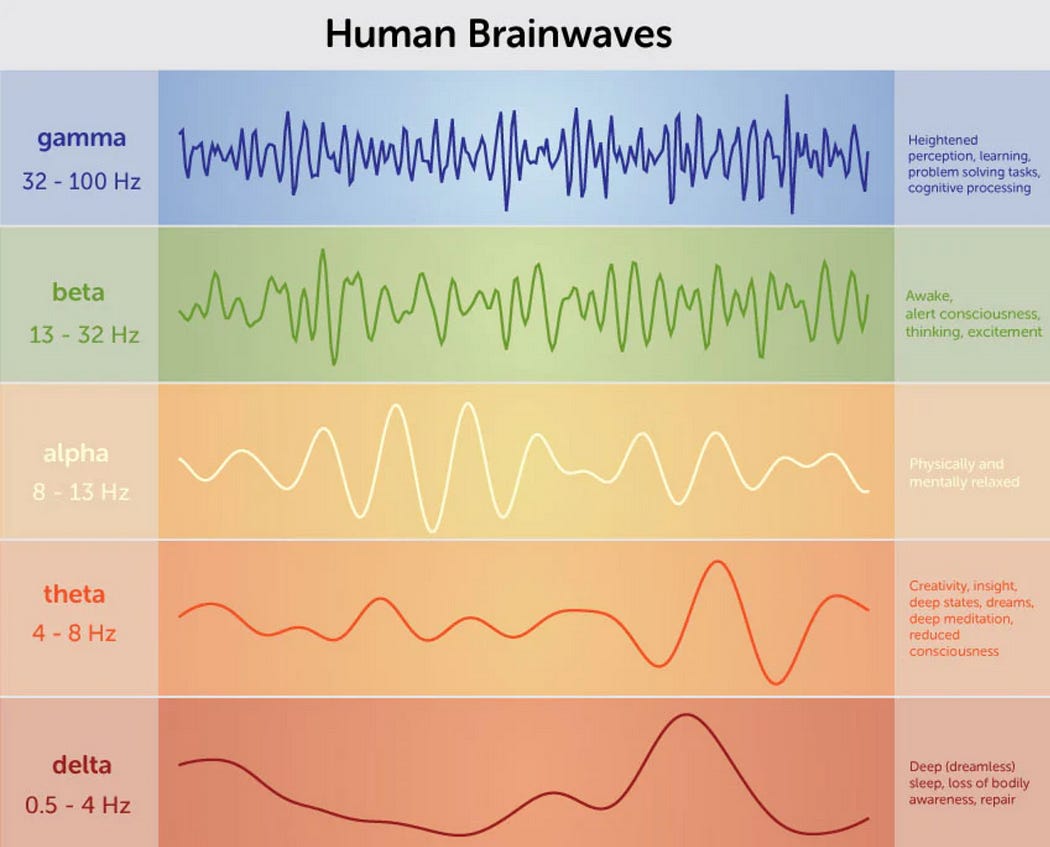Why Being Seen and Heard Is the Key to Your Self-Worth
(And What Happens When It’s Taken Away)

One of the most basic yet essential human needs is to be seen and heard.
The absence of being seen and heard destroys an individual’s self worth.
It is difficult to view yourself as being important when your external environment is suggesting that you’re not by either ignoring you or silencing you.
Modern day therapists have their schedules booked and offices full with adults that lacked these fundamental nurturing experiences as children.
Up to the age of 7, children’s brains operate primarily in the theta state (4–8 Hz) — a highly suggestible brainwave pattern, similar to that induced by hypnosis.
This makes them exceptionally receptive to external messages, both positive and negative
This is why young children can learn languages with greater ease than adults and take in immense amounts of information. They really are little sponges.
This is also why a child can grow up to think they are a ‘dummy’ if someone suggests they are (i.e. “Don’t do that you little dummy!!”).
Those words seep into their subconscious mind influencing their behavior and self-worth throughout their lives.
The individual who made the statement might not have intended to be hurtful but intent doesn’t negate the effect.
The effect outlasts the memory -it gets programmed deep into their subconscious.
The child’s brain state can not rationalize nuances as it is learning the state of the world and itself.
The lack of validation in those formative years can lead to a lifetime of struggles with self-worth and mental health
This highlights the importance of speaking and treating children with continued respect and ensuring they are seen and heard appropriately.
Early childhood experiences and education are crucial in shaping a person’s character and future behavior.
“Give me the child for the first seven years, and I will give you the man”
— The Jesuits
There is a silver lining- adults that have childhoods of being ignored can grow up and can make the choice to seek therapy or try to rework those missing elements of their existence.
They no longer need to cave to belittling behavior.
They can work on improving their mindset and their lives.
It takes courage and the willingness to look inward, but it can be done.
But what happens when a society systematically denies 50% of their population the right to be seen and heard?
The situation in Afghanistan under the Taliban’s rule offers a chilling example.
The Taliban has recently imposed strict laws that severely restrict women’s ability to speak, read, or sing in public-added to the existing laws requiring a woman’s face to be hidden from public view.
Women are legally silenced- their voices and faces erased from public life.
This is not just a violation of their rights; it is a deliberate and calculated attack on their humanity.
The enforced invisibility of women in Afghanistan is a political tool masquerading as religious doctrine.
It is about power and control, perpetuated by those who benefit from the oppression.
The psychological damage inflicted by such policies is incalculable.
Little girls are programmed to be invisible as they watch the women in their lives wearing the cloak of invisibility in society.
It denies generations of women the chance to heal, to reclaim their voices, and to assert their presence in the world.
The fight to be seen and heard is not just a personal struggle; it is a universal one.
It is a battle against forces that seek to diminish and dehumanize.
Whether on an individual level or within a broader societal context, the right to visibility and voice is essential to our collective well-being.
It is a reminder that the pursuit of dignity, respect, and recognition is a fundamental aspect of being human, and it is a cause that must be defended for all.



